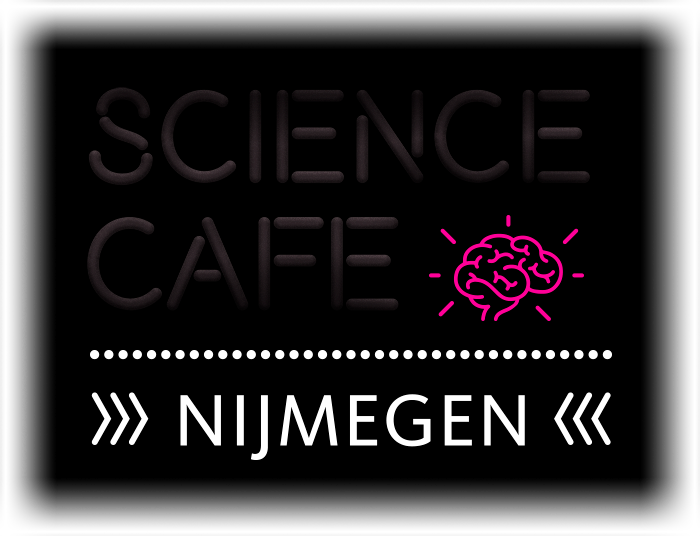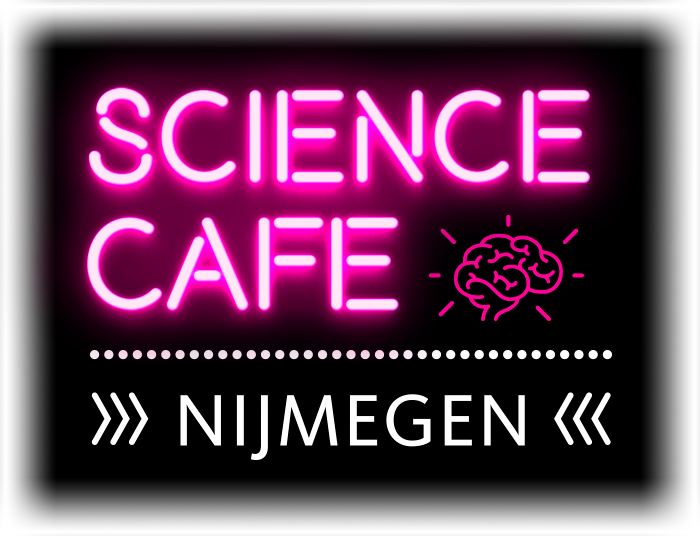13 May 2019
creativity ex machina
how to make machines that make meaning
Are the bots on the rise?
Certainly, the idea that machines can be involved in creative processes seems much less absurd than it might have appeared only 50 years ago. Historically, creation was reserved to the acts of God - the idea that even humans can be creative is a rather new one, let alone a machine. But what is it then that makes for a creative process? Can a machine produce something that we might call creative and, if so, how? And what do Twitterbots have to do with all of this?
Computational Creativity (CC) is the branch of AI dedicated to the generation of artefacts with novelty and value. In CC, the search for value is often the search for meaning too, so inventive CC systems are not so much problem-solvers as meaning-makers. Nowhere is this notion more true than in language, the pre-eminent domain in which we humans pursue and make meaning. In seeking to create creative machines, not only can we expand our creative repertoire, but we can also learn about our own human creativity.
Creative language-generators, however, are seldomly perceived as research instruments in the public eye. In the collective imagination Twitterbots typically hang out with the viruses, hackers and other ne’er-do-wells of the digital realm. There are many reasons why these autonomous systems get a bad press, and most are hard to argue with. But Twitterbots can do much more than hack democracy and subvert elections! In the upcoming Science Café on Monday May 13th, computer scientist Tony Veale (University College Dublin) aims to redress the balance and talk about some of the good reasons to embrace Twitterbots, or, indeed, generative bots of all kinds, and see them not as trouble makers but as conceptual provocateurs. He will show how, by use of the appropriate symbolic and/or statistical models, bots can give algorithmic form to fun, whimsy and all the creative possibilities of language.
Further reading
New AI fake text generator may be too dangerous to release, say creators
OpenAI’s new multitalented AI writes, translates, and slanders
Better language models and their implications
Overview of artificial intelligence and natural language processing
The first AI-generated textbook shows what robot writers are actually good at
How artificial intelligence is changing science
Twitterbots - making machines that make meaning
The Creative Language System Group - current projects
How AI-generated music is changing the way hits are made
AICAN - Art of the future, now
AI can make art now, but artists aren’t afraid
Why artificial creativity might be the solution to Human biggest issues




 Attend
Attend


























































